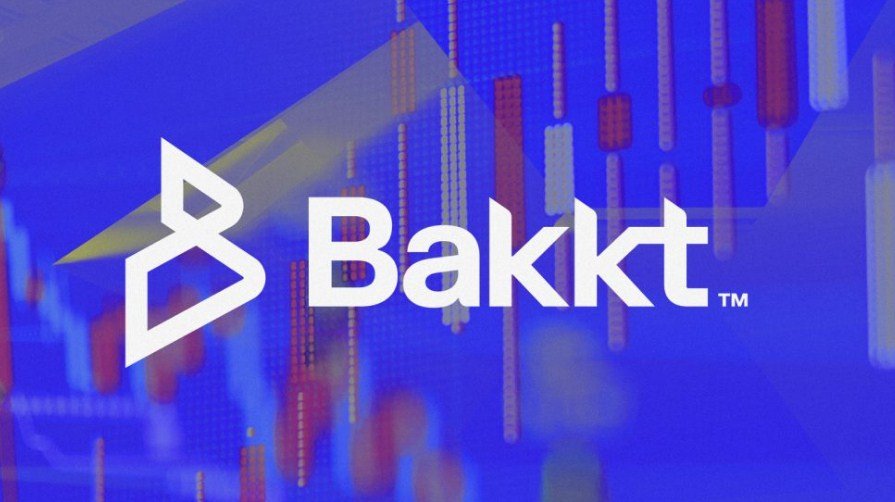Bakkt’s Financial Struggles
In a document filed with the U.S. Securities and Exchange Commission (SEC) on Wednesday, Bakkt revealed its financial difficulties and uncertainties. The company said that it does not believe that its cash and restricted cash are sufficient to fund its operations for the next 12 months. It also said that it cannot guarantee that it will be able to increase its revenues substantially or raise additional capital in the near future.
Bakkt’s financial woes reflect the volatility and unpredictability of the crypto market, which has seen significant fluctuations and disruptions in the past year. The company also cited the risks of regulatory changes, banking rejections, compliance failures, and other economic and business factors that could affect its performance and viability.
Bakkt went public in 2021 through a merger with a special purpose acquisition company (SPAC) called VPC Impact Acquisition Holdings. The deal valued Bakkt at $2.1 billion and gave it access to $207 million in cash. However, the company’s stock price has plummeted since then, closing at $1.45 on Wednesday, down from more than $40 in 2021.
Bakkt’s Business Model and Services
Bakkt was founded by ICE, the owner of the New York Stock Exchange and several other derivatives exchanges, with the vision of creating a regulated and trusted platform for crypto assets. The company’s first CEO was Kelly Loeffler, who later became a U.S. Senator from Georgia.
Bakkt’s initial goal was to launch physically settled bitcoin futures contracts, which would allow investors to receive actual bitcoins instead of cash upon expiration. The company also partnered with Starbucks to enable customers to convert their digital assets into fiat currency and pay for their purchases.
However, Bakkt faced several delays and regulatory hurdles before launching its futures contracts in 2019. The company also struggled to attract enough volume and liquidity for its products, as most traders preferred cash-settled contracts offered by other platforms such as CME Group.
In 2020, Bakkt introduced a digital wallet app that allowed users to buy, sell, store, and spend various crypto and loyalty points. The app also integrated with Google Pay and Samsung Pay to enable contactless payments. However, the app was discontinued in 2021, as Bakkt shifted its focus to business-to-business technology services.
Bakkt currently offers crypto trading and custody services to institutional and retail clients, as well as white-label solutions for merchants and partners. The company also provides data and analytics tools for the crypto market. In 2023, Bakkt announced its expansion plans to enter new markets in Europe, Asia, and Latin America, in collaboration with local platforms and regulators.
Bakkt’s Future Prospects and Challenges
Bakkt’s future prospects depend largely on its ability to overcome its financial challenges and generate sustainable growth and profitability. The company will also need to adapt to the changing dynamics and demands of the crypto industry, which is constantly evolving and innovating.
Bakkt faces stiff competition from other crypto platforms and service providers, such as Coinbase, Gemini, Kraken, Bitstamp, Binance, and FTX, which have established strong brands and customer bases in the global market. Bakkt will also have to comply with the regulatory requirements and standards of different jurisdictions, which may vary and conflict with each other.
Bakkt’s vision of bridging the gap between the traditional and crypto worlds is still relevant and valuable, as more people and businesses embrace digital assets and technologies. However, the company will have to prove that it can deliver on its promises and expectations, and survive the uncertainties and risks that lie ahead.


 Bitcoin
Bitcoin  Ethereum
Ethereum  Solana
Solana  Cardano
Cardano  Avalanche
Avalanche  Chainlink
Chainlink  Polkadot
Polkadot  NEAR Protocol
NEAR Protocol  Aptos
Aptos  Sui
Sui  Bittensor
Bittensor  Internet Computer
Internet Computer  Stacks
Stacks  Immutable
Immutable  Arbitrum
Arbitrum  Filecoin
Filecoin  Optimism
Optimism  Injective
Injective  Render
Render  Mantle
Mantle  Cosmos Hub
Cosmos Hub  THORChain
THORChain  Sei
Sei  The Graph
The Graph  Jupiter
Jupiter  Pyth Network
Pyth Network  Celestia
Celestia  Algorand
Algorand  Quant
Quant  Beam
Beam  Flow
Flow  dYdX
dYdX  MultiversX
MultiversX  Akash Network
Akash Network  Dymension
Dymension  Manta Network
Manta Network  Metis
Metis  Illuvium
Illuvium  Kujira
Kujira